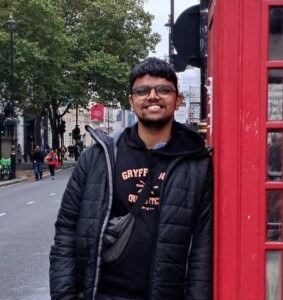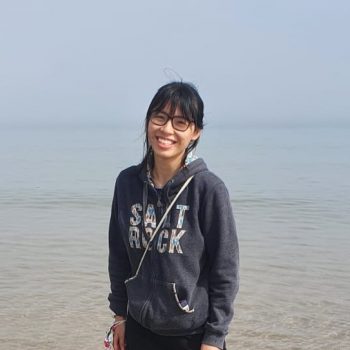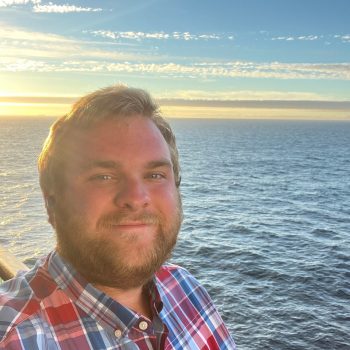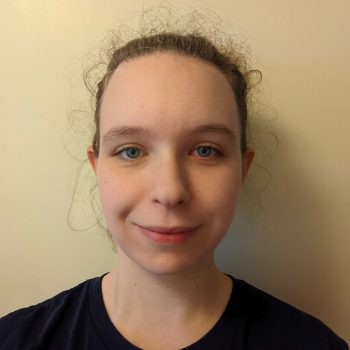
Shardul Pandit
- The Open University
- Reconstruction of Indian Monsoon dynamics in response to Pliocene Climate
- Prof Pallavi Anand Dr Phil Holden Dr Kate Littler

Indian monsoon is the main driver of water and food availability supporting billions of people. However future projections of precipitation under CO2 driven global warming scenarios are still uncertain. My research delves into past warm climate of Pliocene period which had similar CO2 concentrations as today and thus considered as analogue of present and future. I am trying to understand the variability of Indian monsoon-driven precipitation and wind during this time using proxies such as foraminifera and geochemistry. This will help us understand the different climate forcings which affected the monsoon during past warm periods and hence can be crucial for future.
After completing masters in 2022, I worked as a Geologist for an upstream oil company. There, I trained and utilized my geology skills and knowledge for developing the mature oil fields and optimize oil production.
I was always inclined towards academia and research, particularly in past climate reconstructions. As academia offers you freedom to explore and expand boundaries of knowledge, I decided to make a career switch. Since, doctoral research offers the training necessary to become independent researcher, I decided to pursue PhD.
CENTA offers wide range of trainings and placement opportunities which can help me learn variety of skills and gain new experiences. Also, it gives an opportunity to meet and interact wide cohort of doctoral researchers across different universities.
Throughout my PhD, I will learn and develop expertise in diverse skills including microfossils taxonomy, trace element and isotope geochemistry and climate modelling. This will enable me to become an independent researcher in my field. As I wish to stay in academia (hopefully!), this experience will set me on a path towards it.



